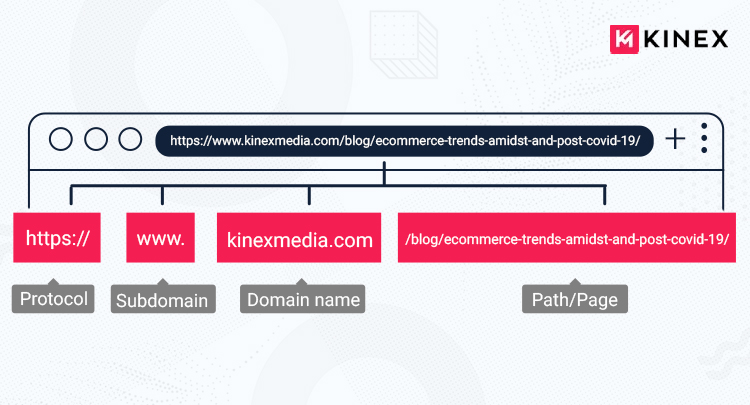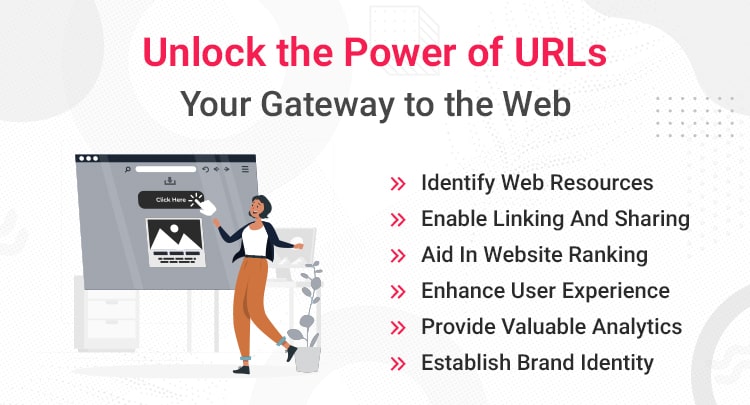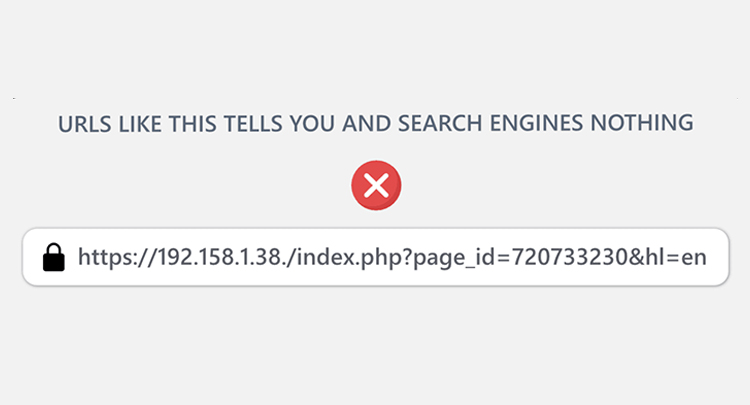Hey there, folks! Do you know what’s more frustrating than waiting in line for your morning coffee? Trying to find a website with a messy, jumbled URL that looks like it was typed by a cat walking across a keyboard. Luckily, I’m here to help you avoid that headache. In this blog post, we’ll dive into everything you need to know about URLs, why they’re important, and how to create better ones that will help your website stand out in the crowded world of SEO Toronto.
What are URLs?
A URL (Uniform Resource Locator) is the web address that helps identify a particular webpage or website. It consists of several parts, including the protocol (such as HTTP or HTTPS), the domain name, and the path to the specific page or resource you’re trying to access. Think of it like a street address that helps people find your house.

Why are URLs important?
URLs play a crucial role in SEO, as they help search engines understand what your website is about and what content it contains. A well-structured URL that includes relevant keywords can help your site rank higher in search results and attract more organic traffic. On the other hand, a messy or confusing URL can confuse both search engines and human visitors, making it harder for them to find and navigate your site.

How to create better URLs?
Now that we know why URLs are important, let’s talk about how to create better ones. Here are some tips to keep in mind:
Keep it simple and descriptive
Your URL should be easy to read and understand, and give visitors an idea of what to expect from the page they’re about to visit. Avoid using numbers, symbols, or other characters that don’t add any value.
Include keywords
As mentioned earlier, including relevant keywords in your URL can help improve your site’s SEO. However, don’t stuff your URL with too many keywords, as this can come across as spammy and harm your rankings.
Use hyphens to separate words
Hyphens are the preferred way to separate words in URLs, as they make it easier for both humans and search engines to read. Avoid using underscores or spaces, as these can cause issues with some browsers and servers.
Keep it short and sweet
While there’s no hard and fast rule for the optimal length of a URL, it’s generally a good idea to keep it as short and concise as possible. This not only makes it easier to share and remember but also reduces the risk of typos or other errors.
Real-Life examples:
Let’s take a look at some real-life examples to see how these tips can be applied in practice.
Good URL
https://www.example.com/blog/seo-toronto-tips
This URL follows all of our guidelines: it’s simple, descriptive, includes a relevant keyword, uses hyphens to separate words, and is short and sweet.

Bad URL
https://www.example.com/9sg7&%bD$nm2T/seo-toronto+tips
This URL is a mess. It includes random characters, uses a plus sign instead of a hyphen, and is unnecessarily long and confusing.

Can You Answer?
Why did the URL break up with the anchor text?
Because it was too long and complicated, and the anchor text just couldn’t keep up!
How To Make A URL Contribute In SEO Success?
Keep it simple and descriptive
The first tip is to keep your URLs simple and descriptive. This means using plain language and avoiding any unnecessary characters, such as hashtags or random strings of numbers and letters. A good URL should give visitors a clear idea of what to expect from the page they’re about to visit. This not only helps with SEO but also makes it easier for users to navigate your site and find the content they’re looking for.

Include keywords
Including relevant keywords in your URL can help boost your site’s visibility in search results. However, it’s important not to overdo it. Keyword stuffing (i.e., using too many keywords) can actually harm your SEO efforts, as search engines may view this as spammy or manipulative. Instead, focus on using one or two relevant keywords that accurately describe the content on the page.

Use hyphens to separate words
Hyphens are the preferred way to separate words in a URL. This is because search engines and humans alike find them easier to read and understand than other characters like underscores or spaces. Hyphens also help to make your URLs more visually appealing, which can help attract clicks from users.
Keep it short and sweet
While there’s no hard and fast rule for the optimal length of a URL, it’s generally a good idea to keep it as short and concise as possible. This not only makes it easier to share and remember but also reduces the risk of typos or other errors. A shorter URL can also be more visually appealing, which can help attract clicks from users.
Real-Life Case Studies
Now that we’ve covered some tips for creating better URLs, let’s take a look at a few real-life case studies that illustrate their impact on SEO.
Case study #1
One study found that shorter URLs tend to rank better in search results than longer ones. In this study, URLs with fewer than 60 characters tended to rank higher than those with more than 60 characters. This suggests that keeping your URLs short and sweet can have a positive impact on your site’s SEO.
Case study #2
Another study found that including relevant keywords in your URLs can help improve your site’s visibility in search results. In this study, URLs that included keywords tended to rank higher than those that didn’t. However, it’s important to note that keyword stuffing can actually harm your SEO efforts, so it’s important to use keywords in a natural and relevant way.
Conclusion
In conclusion, URLs may seem like a small and insignificant part of your website, but they can have a big impact on your SEO efforts. By following the tips and best practices we’ve covered in this post, you can create better URLs that help your site stand out in search results and attract more organic traffic. Remember to keep it simple, descriptive, and relevant, and you’ll be well on your way to URL success!





